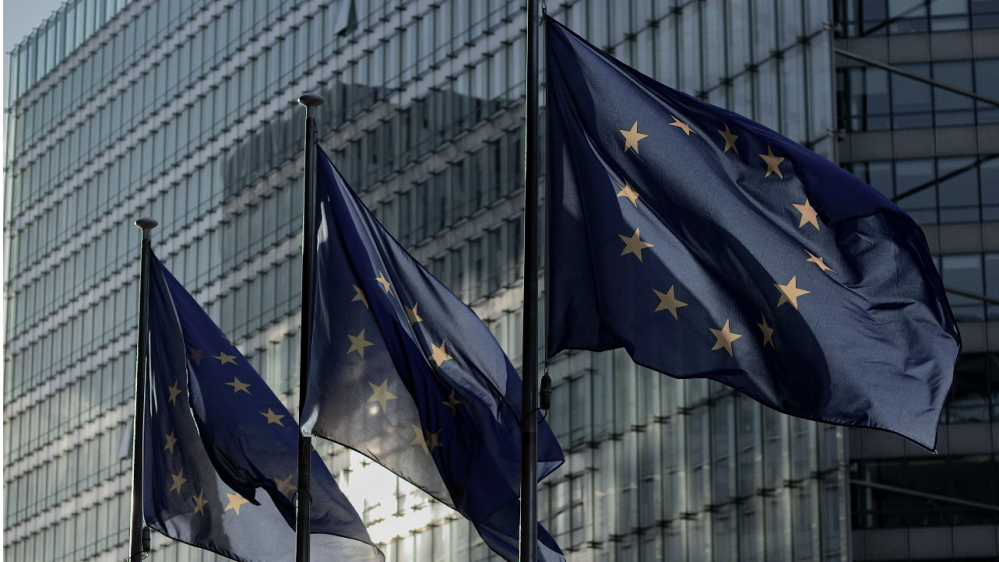- The past 15 years have seen an accelerating expansion of the powers of the European Commission (EC), resulting in a major transfer of sovereignty from the national to the supranational level. This game-changing power shift has been managed through a surreptitious process of ‘competence creep’, outside the arena of democratic debate. That is why we characterise it as a Silent Coup.
- From its inception in the 1950s, the EC was created as a supranational European institution and the least subject to democratic accountability. These problems have intensified as the EC has developed from a technical body into a fully-fledged political actor, occupying centre stage in the EU.
- EU politics have undergone a process of supranationalisation and ‘Commissionisation’, as the Commission has increased its influence over areas of competence that have previously been considered the preserve of national governments – from financial budgets and health policy to foreign affairs and defence.
- In recent years, the EC has used its responses to a series of crises – the euro crisis, Brexit, the Covid-19 pandemic, the Ukraine war – to assume more authority and make ‘emergency’ decisions, for example on vaccines or sanctions, that lead to permanent changes in the exercise of EU power.
- This use of the politics of ‘permacrisis’ to expand the reach and power of the Commission has reached new heights under the regime of the current EC president, Ursula von der Leyen (‘VDL’), in response to the Covid-19 and Ukraine crises.
- The Covid-19 pandemic marked a turning point in the Commission’s role, with von der Leyen taking a leading role in the EU’s economic recovery and vaccine procurement efforts. The ongoing ‘Pfizergate’ scandal, around VDL’s autocratic handling of Covid vaccine policy, typifies the lack of transparency and accountability in the current exercise of EU power.
- Similarly, the Ukraine war has been used by von der Leyen to further expand the Commission’s influence, particularly in foreign policy and sanctions against Russia. This has shifted the EU’s geopolitical stance, aligning it more closely with NATO and US interests. VDL’s boast to the European Parliament (EP), after Russia’s invasion of Ukraine, that ‘European security and defence has evolved more in the last six days than in the last two decades’ demonstrated the accelerating pace of supranationalisation and Commissionisation.
- The report highlights concerns over the erosion of national sovereignty, as the Commission has increasingly imposed its will on member states, often using financial tools and conditionalities. Mechanisms like the Rule of Law Conditionality Regulation allow the Commission to withhold funds from member states that do not align with its policies, further centralising power.
- The Commission may not always hold the whip hand. The EU’s labyrinthine power structure involves supranational bodies (the EC, European Central Bank and European Court of Justice), quasi-federal bodies (the European Parliament), and intergovernmental bodies (the European Council and the Council of Ministers), on top of member states. It can be hard to see who’s in charge. But one thing we know for sure is that all these components of EU power work together to ensure that Europe’s citizens are not the ones in control.
- Nor is this simply a problem of national versus supranational sovereignty (although it is that too). Recent history shows how national political elites can collude with Brussels against their populist opponents in Europe – notably Hungary – and even against their own electorates at home.
- The biggest losers in the shift of power towards the unaccountable EC are the demos, the peoples of Europe. We urgently need reforms to make the EU more democratic, by returning powers to nation states, and to make the EC less powerful and more accountable.
